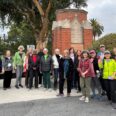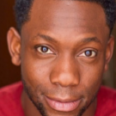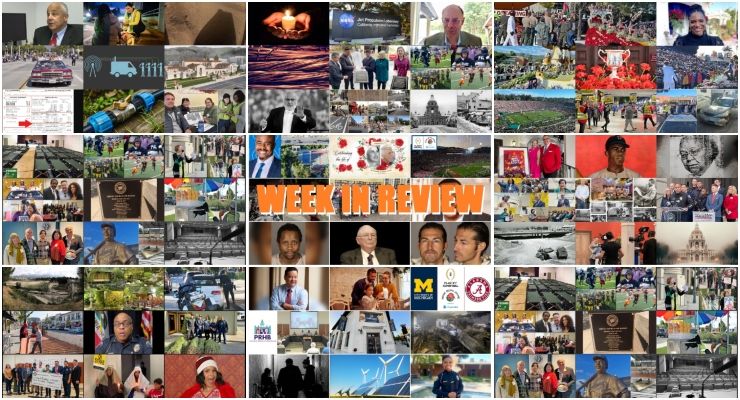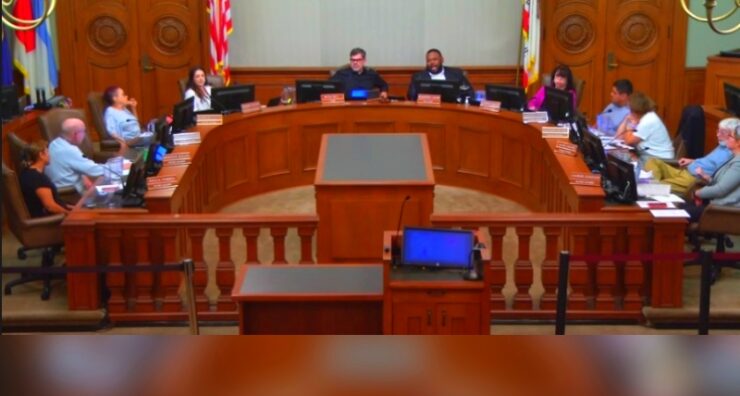
Richard Andersen holds a prosthetic arm, like those that can be controlled with the brain-machine interfaces developed in Andersen's lab.
Richard Andersen, the James G. Boswell Professor of Neuroscience and director and Leadership Chair of the Tianqiao and Chrissy Chen Brain-Machine Interface Center at Caltech, has been awarded the 2024 International Prize for Translational Neuroscience of the Gertrud Reemtsma Foundation. The Gertrud Reemtsma Foundation supports and recognizes outstanding achievements in basic neurological research. Andersen shares the prize with Karl Friston of the Wellcome Trust Centre for Neuroimaging in London.
Andersen studied biochemistry at the UC Davis, and he earned his doctorate in physiology from the UC San Francisco in 1979. He subsequently spent time as a postdoctoral research fellow at Johns Hopkins Medical School and as an assistant professor at the Salk Institute for Biological Studies in California. He became an associate professor in 1987 and then professor of neuroscience at the Massachusetts Institute of Technology in 1990.
Andersen joined the Caltech faculty in 1993. The focus of his research is exploring the neural mechanisms of sight, hearing, balance, touch, and action. He then uses the insights gained from these investigations to inform the development of neural prosthetics. His approach has enabled paralyzed patients to control robotics and computers that allow them to drink a beverage, play a computer piano, use programs like Adobe Photoshop, and feel the sensation of touch in hands and arms previously been rendered insensate from spinal cord injury.
He is a member of the National Academy of Sciences and the National Academy of Medicine as well as a fellow of the American Academy of Arts and Sciences and the American Association for the Advancement of Science. Andersen is also the recipient of a McKnight Foundation Scholar Award, Sloan Foundation Fellowship, Spencer Award from Columbia University, McKnight Technical Innovation in Neuroscience Award, and McKnight Neurobiology of Brain Disorders Award.














 8 comments
8 comments



